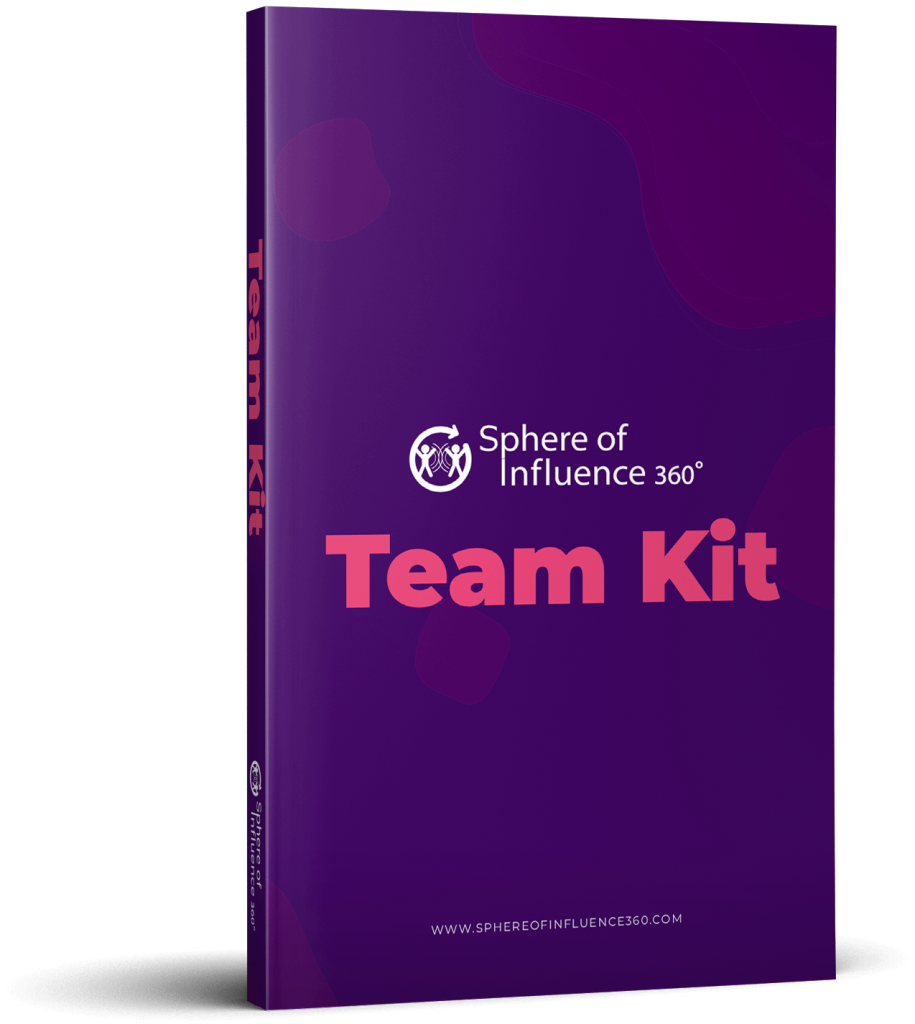“I’m fine,” you tell your colleague, “honestly, it could be worse!”
The truth is you’re exhausted, with an overflowing inbox and an agenda that couldn’t be any fuller. Your To-Do list is a mile long, yet you’re turning down his offer of help.
Your boss calls—the team wants someone to work overtime tonight. “I thought you’d be great for the job,” she says, “But I heard you’ve been a bit busier than usual…”
Her request makes you feel even more overwhelmed and overworked, but you hear yourself accepting the offer.
“It’s no big deal!” your response rings out. “I’d love to!”
What’s happening in this situation?
The answer is minimization: the tendency to reduce or trivialize things that do, in fact, influence us considerably. This blog will explore what minimization looks like, why we do it, and the impact it can have on how we cope.
Trivializing Important Things: A Coping Strategy
Minimization is a cognitive distortion, or put simply, an unhelpful thinking style. It’s a reflexive response that many people use to protect themselves from emotional distress, and it comes in many forms.
For example:
- “It’s not a big deal.”
- “I’m just overreacting.”
- “It’s nothing to worry about.”
- “I’m fine, really.”
- “I’m just a little tired, that’s all.”
- “It could be worse.”
- “Let’s not blow this out of proportion.”
- “It’s just a minor setback.”
Do these sound like you?
If you answered “yes,” chances are that this thinking style is one of your coping mechanisms for stress.
Because awareness of how it manifests is the first step to finding better strategies, it’s also helpful to recognize the various forms this cognitive distortion can take.
Different Forms of Minimization
In day-to-day life, we might minimize:
- Stressors: Trivializing the seriousness of challenges or situations, e.g., telling ourselves that a difficult situation is “all in your head.”
- Personal responses: Downplaying our physical or emotional stress responses, such as feeling chilly, getting the shakes, or becoming unwell.
- Needing support: Just like our example, this involves convincing ourselves we can tackle everything on our own, without the support of others
- Impaired ability to perform: Diminishing how much our problems or stress reactions are impacting our personal, professional, or social lives
- Other people’s problems, emotions, or stress levels: Understating, belittling, or deemphasizing how others feel and what they are dealing with (“You’re making a mountain out of a molehill!” )
The siren call of reframing events this way is that we convince ourselves we don’t have to deal with them. Because we feel temporary relief from the discomfort, anxiety, or overwhelmedness triggered by the stressful event, the downside is that we often fail to take much-needed action.
For instance, we might add more tasks to our workload when we truly need rest. Or continue engaging in addictive but harmful behaviors such as smoking, overspending, or unhealthy snacking.
Whatever form it takes for you, diminishing the importance of life’s challenges is an avoidance strategy, and it can prevent us from finding healthier ways to deal with our stress.
I created the Minimizing Everything Stress! Coaching Card to help you manage this reaction and develop more helpful coping strategies.
Let’s start with some actionable tips!
3 Tips To Help You Overcome Minimization
The following tips include some helpful ways to stop minimizing with the help of both internal and external resources.
1. Face Your Stressors Head On
The most obvious way to stop minimizing is to do the exact opposite—tackle your challenges directly.
I’ve added some questions and examples to help you along:
- Identify your stressor. Based on what you’re minimizing, what’s really causing you stress? Is it a relationship? Work? Or something else?
- Recognize its impact. Is it influencing you physically? Emotionally? Mentally? By acknowledging the impacts of your stressor, you’ll be in a better position to tackle it directly.
- Brainstorm solutions. What strategies could you apply to address your challenge? Are there any skills you could develop? People you could turn to? Make a list!
- Tackle it step by step. Try to set manageable sub-goals for overcoming your problem. Celebrate your wins on the way!
2. Ask For Support
Trying to shoulder everything solo is a common way to sabotage ourselves when we’re already under pressure. It only compounds your existing stress levels, so the next time you’re tempted, try the following instead:
- Think of someone who can help, like a friend, co-worker, or relative
- Be clear about your needs—resist the urge to play them down! It might be helpful if you practice communicating your feelings and the struggle you’ve been going through.
- Be ready to say yes! Remember that it’s okay to need help, and it’s okay to accept it when offered. This is key to stopping minimization, so go ahead and let others support you.
3. Check Your Inner Dialogue
Minimization all starts with your inner narrative. By checking minimization language when it pops up, you can learn to handle stress in a more adaptive and effective way.
Here are the specific steps to checking your inner dialogue:
- Become more aware of your specific thoughts. What phrases do you use or excuses do you make?
- Find alternatives. Each time you catch yourself using these phrases, pause and correct yourself. Try replacing the minimizing language with a more honest and accurate description of your feelings or the situation.
- Link it with a specific action: Come up with a specific behavior that you can carry out every time you find yourself using minimization language. Little actions like patting yourself on the back or taking three deep breaths can become tangible reminders of your commitment to breaking the habit!
Don’t be afraid to ask others to support you as you go, and remember—the more you practice checking your inner dialogue, the better you’ll become at it.

